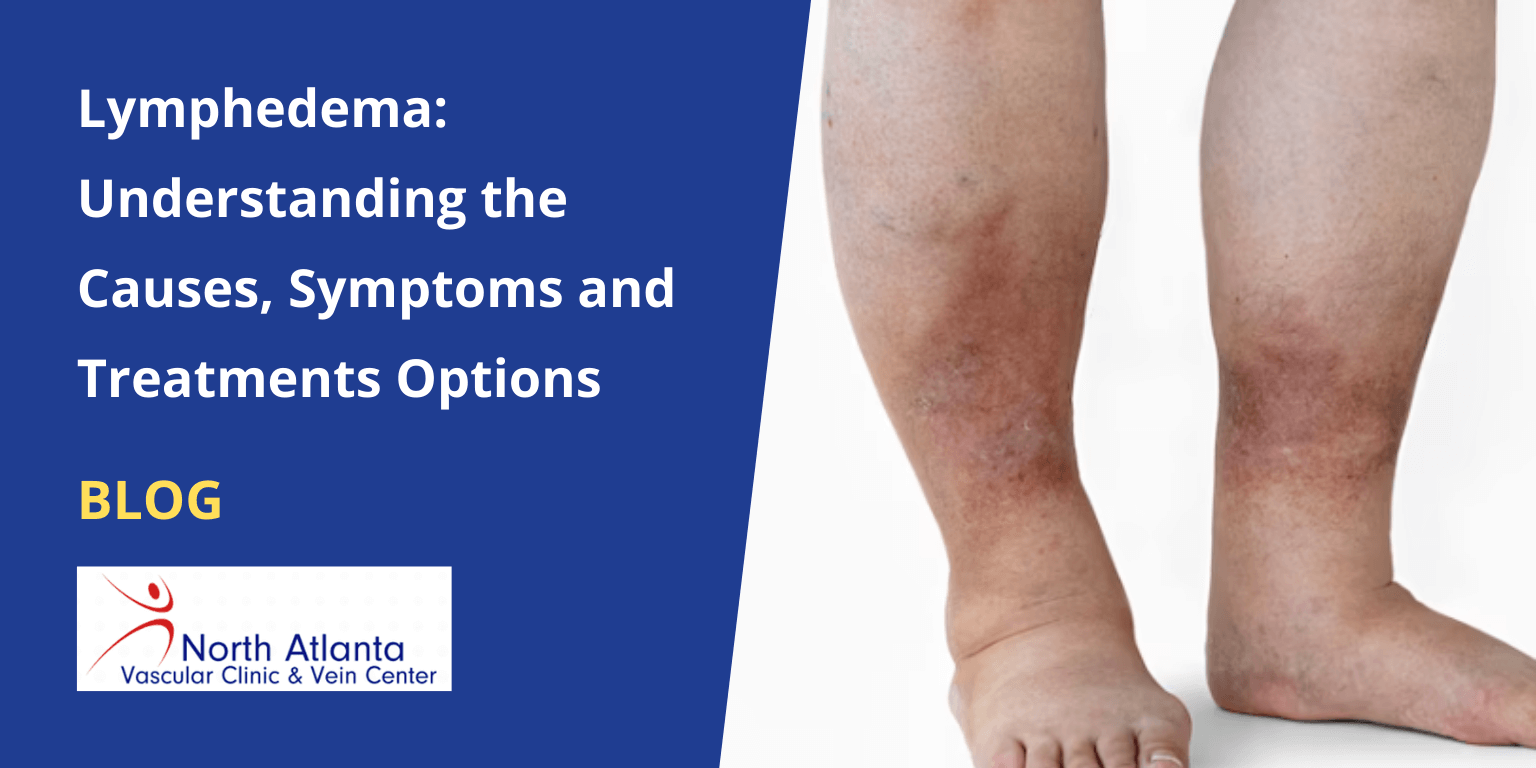
3/22/2024
Lymphedema is tissue swelling caused by a buildup of protein-rich fluid normally released by the body's lymphatic system. It usually affects the arms or legs, although it can also affect the chest wall, belly, neck, and genitals. According to research, primary lymphedema affects 1 in 100,000 individuals, whereas secondary lymphedema affects approximately 1 in 1000 Americans.
You will be surprised to know that our lymphatic and venous systems are inextricably connected within the body. If one is damaged, the symptoms are comparable. This is because the lymphatic system is a vital part of our immune system. Lymph channels remove fluid from tissues, whereas arteries and veins control blood circulation throughout the body. When lymphedema occurs, your veins are negatively affected. In this blog, you will learn more about lymphedema and everything entailing this condition.
Lymphedema can be categorized as primary or secondary. Primary lymphedema, which is less frequent, develops due to malformations in the lymphatic system present at birth. Secondary lymphedema, the more common form, arises from damage or blockage in the lymphatic vessels or nodes. Here are some risk factors for secondary lymphedema:
Early detection of lymphedema is crucial for effective management. Here are some common signs and symptoms to watch out for:
Diagnosis of lymphedema typically involves a physical examination, measurements of the affected limb, and imaging tests like ultrasound or lymphoscintigraphy. Treatment focuses on managing the swelling and preventing complications.
Preventing lymphedema entails lowering the likelihood of developing the condition, especially in individuals who are at a higher risk due to various treatments, surgeries, or other medical disorders. While it is not always feasible to completely avoid, there are ways in which you can reduce the risk and manage this condition more effectively.
Following are some of the prevention tips:
If you experience any signs or symptoms suggestive of lymphedema, consult your doctor promptly. Early diagnosis and treatment can significantly improve your quality of life and prevent further complications.
While lymphedema is a chronic condition, there's hope in managing its symptoms and preventing complications. Early diagnosis and consistent therapy with compression garments, manual lymphatic drainage, and skin care can significantly improve your quality of life. Talk to your doctor if you experience swelling, discomfort, or limited mobility. Early intervention is critical to managing lymphedema and maintaining a healthy lifestyle effectively.
Does chronic swelling impact your life? North Atlanta Vascular Clinic offers expert care for lymphedema. Our experienced specialists create personalized treatment plans to manage symptoms and improve your well-being. Contact us today to learn more about our services.
Comments are closed